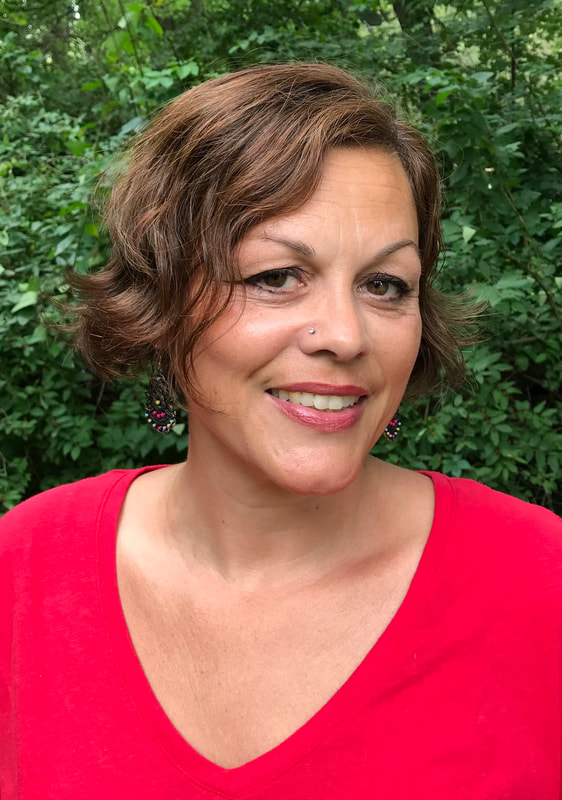|
Teaching can often feel like this: you are advancing and progressing with your students and then you realize there are huge gaps in their information - even though they can also have surprising funds of knowledge, some days it feels like one step forward and 5 steps back.
Last week, for example, I began a unit on Native Americans, as a preface to a unit on U.S. History. The students began by watching several videos showing how the first Native Americans came to America, including information about Bering Strait Bridge and the Ice Age. I explained things as we went, and took their questions; they were very engaged in the lesson. At the end of the class, I asked students what was still confusing to them. We made a list on the board of questions to answer in the following few days. Questions ranged from, "Why did they have to work so hard back then?" to "How did they get food?" Then, one of my students who comes from the Dominican Republic wrote the question on the board that both made me laugh and hit my forehead at the same time: "How did Colon (Columbus) get to the Dominican Republic if everything was frozen because of the Ice Age?" Ummm......oops. I realized that while my students seemed to be understanding the material, they didn't have a clear timeline in their heads. I didn't think to make that clear for them ahead of time. The next day, I made a giant timeline on the whiteboard, starting with millions of years ago when dinosaurs roamed the earth and ending in 2016. I made sure I marked 1492 on the timeline and pointed it out to the students. Seeing the "0" in the middle of the timeline brought up more questions to answer - confused faces stared up at me when I tried to explain BC and AD. That was an exhausting class. At the same time, it was invigorating. My students kept asking more and more questions and we kept branching off onto tangents. How awesome is that? They wanted to know more. I thought about where these kinds of great lessons fit in with our current emphasis on standardized tests, on models of teaching that do not allow for flexibility, and schedules that take away time on learning for ELL students. Where is the place for them to question and learn about topics that truly engage them, I wanted to keep going and explore those different tangents with my students but I remembered I was already "behind" where I should be. Luckily, I still have more flexibility than other teachers at my school in terms of content we cover and pacing. The next time a moment like that comes up I will do the same: take their questions, investigate online with them, and try to answer their questions. And hope that their curiosity continues to burn within them.
2 Comments
Mary Ginley
2/8/2016 04:05:04 pm
I love your question to them: What is still confusing? What we think we taught them and what they actually understand can be miles apart. Time is a BIG "confuser"...my kids wanted to know if I hid runaway slaves in my house. Another group was stunned that I was alive at the same time as Martin Luther King. Love what you're doing, Alicia.
Reply
Alicia
2/9/2016 03:13:03 pm
Ha ha! That's a good one.....one time my son asked me if there were cars when I was little, and I thought he was old enough to know the answer! Thanks for your support Mary!! :-)
Reply
Leave a Reply. |
|

 RSS Feed
RSS Feed
